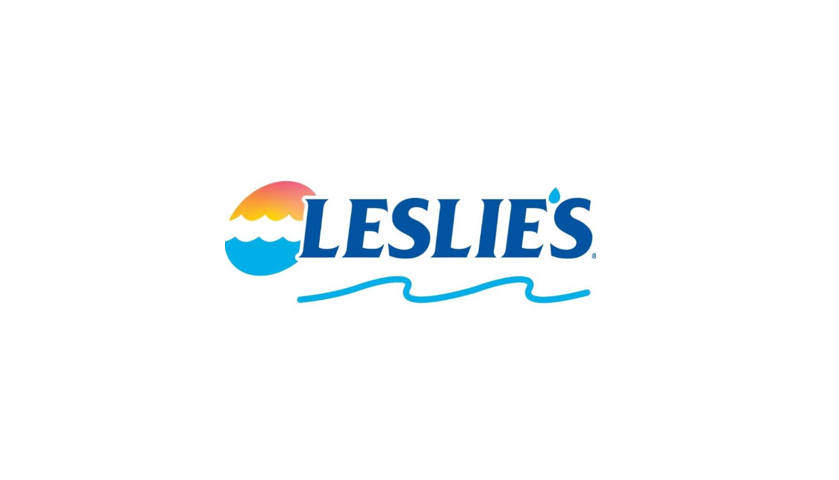
Leslie’s, Inc. (NASDAQ:LESL) reported an earnings per share (EPS) of -$0.05, missing the estimated EPS of $0.11, marking a significant downturn in performance.
Despite the earnings miss, LESL generated a revenue of approximately $397.9 million, surpassing the estimated $178.6 million but still reflecting challenges in maintaining growth.
The company’s financial metrics, including a negative price-to-earnings (P/E) ratio of -27.76 and a debt-to-equity ratio of -1.58, highlight ongoing financial challenges.
Leslie’s, Inc. (NASDAQ:LESL) is a prominent player in the U.S. pool and spa care industry, known for its direct-to-consumer approach. The company offers a wide range of products and services, catering to pool owners and professionals. Despite its strong market presence, LESL faces competition from other consumer product companies within the Zacks Consumer Products – Staples industry.
On November 25, 2024, LESL reported an earnings per share (EPS) of -$0.05, missing the estimated EPS of $0.11. This represents a significant earnings miss, as highlighted by Zacks, with a negative surprise of 81.82%. The company had previously reported a positive earnings surprise of 6.25% in the prior quarter, indicating a downturn in performance.
Despite the earnings shortfall, LESL generated a revenue of approximately $397.9 million, surpassing the estimated $178.6 million. However, this revenue figure still fell short of the Zacks Consensus Estimate by 1.81%. Compared to the same period last year, revenue decreased from $432.37 million, reflecting challenges in maintaining growth.
The company’s financial metrics reveal its current struggles. LESL has a negative price-to-earnings (P/E) ratio of -27.76, indicating ongoing losses. The price-to-sales ratio of 0.49 suggests the stock is valued at less than half of its sales per share. Additionally, the enterprise value to sales ratio is 0.62, reflecting the company’s total valuation relative to its sales.
LESL’s liquidity position appears stable, with a current ratio of 1.71, indicating the ability to cover short-term obligations. However, the debt-to-equity ratio of -1.58 suggests more liabilities than equity, highlighting financial challenges. Despite these hurdles, CEO Jason McDonell noted strong performance in the Pro segment, although store traffic and larger-ticket categories remain soft.

